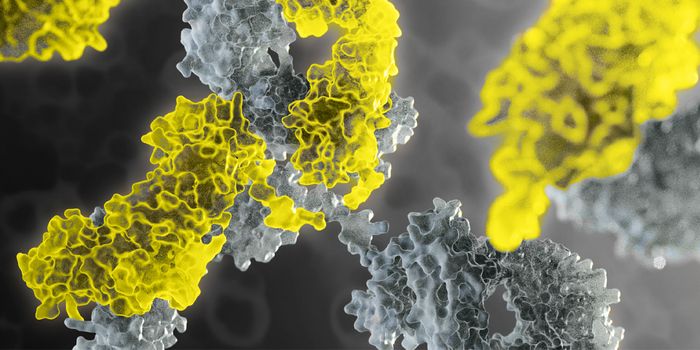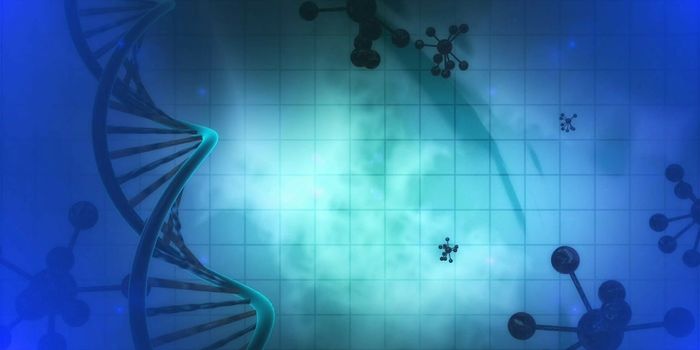Giving the Immune System a Kickstart to Improve Immunotherapy Efficacy
Despite the incremental success immune checkpoint inhibitors (ICI) have attributed to the cancer treatment landscape recently, there remains a large proportion of patients who do not respond. This discrepancy presents a vital need to develop new strategies to enhance the efficacy of ICIs.
A recent study published in Science Signaling uncovers one exciting strategy which utilizes “injured” tumor cells to kickstart the immune system making the remaining tumor cells more susceptible to ICIs.
The study includes a novel approach to therapeutic adjuvants. Adjuvants enhance the immune system’s response to exposure to a foreign antigen. They are often used in association with vaccination to help increase vaccine efficacy. However, in this study, the researchers induced DNA damage to the cancer cells rendering the injured cells able to act as an adjuvant to the immune system.
Researchers began the study with an in vitro approach by testing cancer cells in a laboratory setting. They treated tumor cells with three DNA-damaging chemotherapies: etoposide, mitoxantrone, and doxorubicin. They found that both etoposide and mitoxantrone prompted immune cells to release interferon-gamma, indicating an active anti-tumor immune response.
The next part of the study investigated the transfer of etoposide-treated tumor cells into the tumor to test an in vivo strategy. Murine cancer cells were treated with etoposide to induce DNA damage. Then, the “injured” tumor cells were injected directly into the tumor of a tumor-bearing mouse.
Intratumoral injection of etoposide-treated tumor cells alone did not impact tumor growth. However, when administered in combination with ICI, mice demonstrated markedly better tumor control and subsequently extended survival. Excitingly, about 35% of mice treated with injured tumor cells and ICI experienced complete tumor regression.
Importantly, injection of etoposide directly into the tumor, with or without ICI, did not significantly affect tumor progression. This suggests that the etoposide-treated tumor cells, not the chemotherapy itself, were integral in the beneficial effects associated with this treatment.
The viability of the etoposide-treated tumor cells was an essential factor in the mechanism of this therapy. The chemotherapy treatment killed some tumor cells but rendered a fraction of cells alive but injured. The researchers demonstrated that the dead cells could not attract immune cells into the vicinity of the tumor. On the other hand, they found the injured cells promoted infiltration of anti-tumor immune cells into the tumor.
This study provides a novel strategy for enhancing the efficacy of ICI. By utilizing injured tumor cells to kickstart the immune response, the tumor’s susceptibility to ICI increases. The authors conclude that this modality can generate ICI responses in tumor types that are typically non-responsive. Pending successful clinical trials, this approach could benefit patients who have failed standard treatment regimens or acquired resistance to ICIs.
Sources: ICI, Science Signaling, vaccines, immunogenic cell death, etoposide, mitoxantrone, doxorubicin









